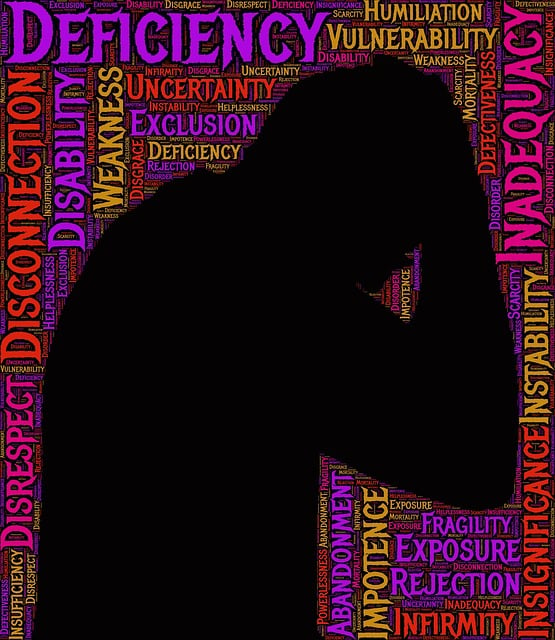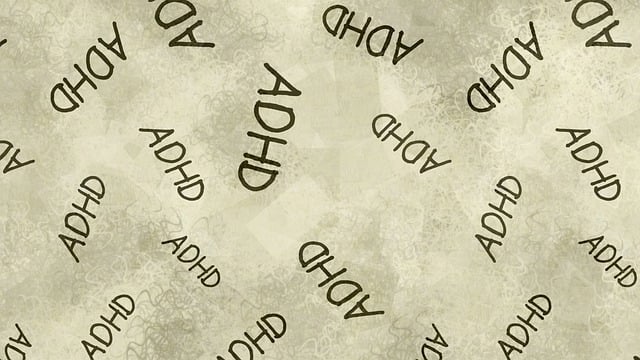Louisville Codependency Therapy (LCT) integrates Crisis Intervention Teams (CITs) into its community programs, offering specialized support for emotional crises and de-escalation. LCT's holistic approach combines self-awareness exercises and positive thinking to break codependent patterns, empowering individuals with effective coping strategies. Through comprehensive training that includes role-playing and case studies, CIT members learn proactive crisis management and community outreach strategies, ultimately improving mental health services and intervention outcomes.
In today’s complex social landscape, effective crisis intervention teams (CITs) are more crucial than ever. This article explores the vital role of CITs in modern support systems and delves into innovative training programs, particularly focusing on the successful strategies employed by Louisville Codependency Therapy. We examine how comprehensive training designs enhance CIT preparedness, ensuring they can navigate complex situations with empathy and professionalism. By understanding these approaches, we can revolutionize crisis response and foster healthier communities.
- Understanding Crisis Intervention Teams: A Necessity in Modern Support Systems
- Louisville Codependency Therapy: Unlocking Effective Training Strategies
- Designing Comprehensive Training Programs for Optimal Impact
Understanding Crisis Intervention Teams: A Necessity in Modern Support Systems

In today’s fast-paced and often stressful world, the demand for effective crisis intervention services has never been higher. Crisis Intervention Teams (CITs) are a vital component of modern support systems, designed to provide immediate and specialized assistance to individuals facing severe emotional or psychological crises. These teams, typically composed of trained professionals from various disciplines, offer a coordinated response that can de-escalate high-risk situations and prevent further deterioration. Louisville Codependency Therapy, for instance, has recognized the necessity of CITs in effectively addressing mental health challenges within the community.
The role of these teams goes beyond immediate crisis management; they foster public awareness campaigns development by educating communities on recognizing signs of distress and promoting open conversations about mental wellness. Moreover, their strategic interventions contribute to Mental Health Policy Analysis and Advocacy, pushing for improved services and support systems at both local and national levels. By integrating CITs into community-based programs, Louisville Codependency Therapy underscores its commitment to holistic mental health care, ensuring that individuals in crisis receive the comprehensive support they need.
Louisville Codependency Therapy: Unlocking Effective Training Strategies

Louisville Codependency Therapy has emerged as a powerful tool in crisis intervention training programs. By focusing on self-awareness exercises and promoting positive thinking, this therapeutic approach helps individuals break free from unhealthy codependent patterns. Codependency often underlies various crises, including depression prevention, making it a crucial aspect to address during training. Through interactive sessions, participants learn to identify and challenge codependent behaviors, fostering personal growth and enhanced coping mechanisms.
The program’s effectiveness lies in its ability to create a safe space for exploration and transformation. By engaging in Louisville Codependency Therapy, trainees develop a deeper understanding of their emotional responses and triggers. This self-reflection enables them to respond more effectively during crises, offering support tailored to the individual’s unique needs. As a result, participants gain valuable skills to navigate challenging situations, promoting positive outcomes for both the individuals they support and themselves.
Designing Comprehensive Training Programs for Optimal Impact

Designing comprehensive crisis intervention team training programs requires a multifaceted approach to ensure optimal impact. These programs should go beyond basic skills and include deep dives into mental health education, focusing on conditions like codependency that often underlie crisis situations in Louisville. By integrating Louisville Codependency Therapy principles and communication strategies, participants gain a holistic understanding of the complex dynamics at play.
Effective training also emphasizes practical application through role-playing scenarios and case studies. This hands-on learning allows teams to refine their responses, fostering a culture of proactive crisis management within their communities. Additionally, incorporating community outreach program implementation strategies ensures that the trained individuals can effectively spread awareness and reach those in need. Such a comprehensive design maximizes the programs’ ability to make a meaningful difference in crisis intervention outcomes.
Crisis intervention team training programs, such as those offered by Louisville Codependency Therapy, play a pivotal role in equipping professionals with the skills to navigate and de-escalate crisis situations effectively. By designing comprehensive training that encompasses various aspects of crisis management, these programs ensure that teams are prepared to provide optimal support. Through continuous learning and adaptation, crisis intervention teams can make a significant impact on improving outcomes for individuals facing severe emotional or psychological distress.














